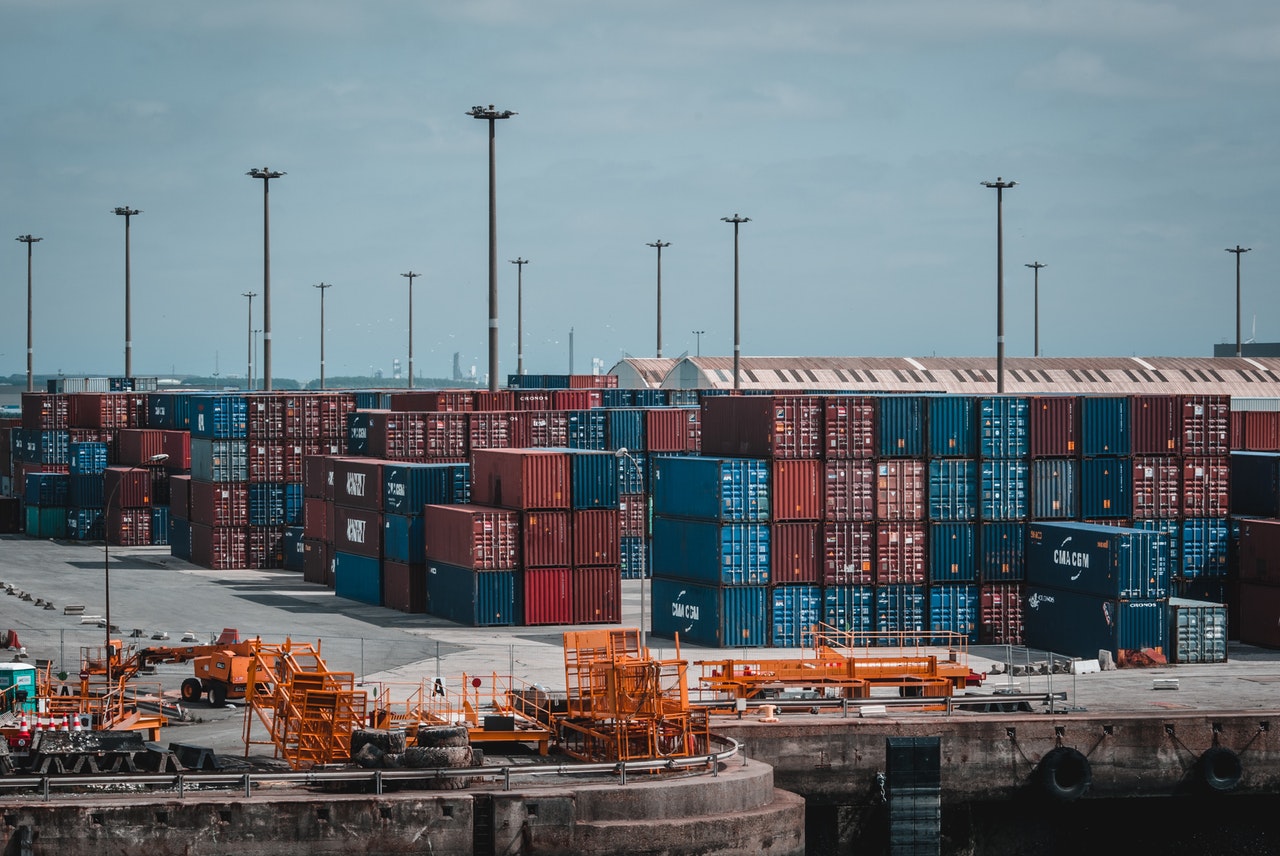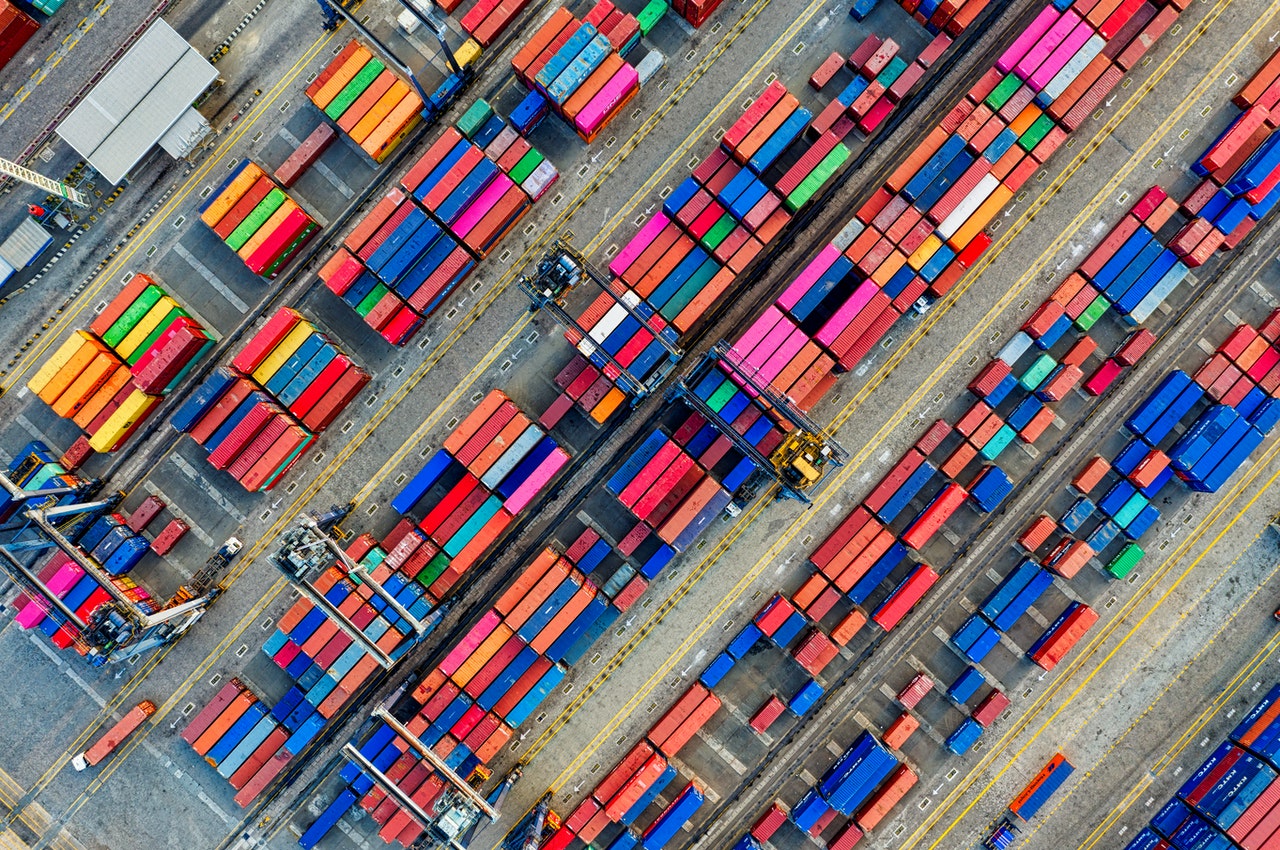-
Since the outbreak of the COVID-19 health crisis more than a year ago, the consequences on global shipping have been felt. The collapse of the world’s major ports during the first months of the pandemic was followed by a significant rise in ocean freight rates and an increasingly worrying lack of empty equipment (containers) in major transit ports.
-
This is a situation that has already been denounced by the main players in the world’s logistics chains, who blame several causes. In the first place, they highlight the poor management of empty containers due to the lack of revision in their delivery to the transporters. Secondly, they point to the manufacturing stoppage in the main production centres (Asia) and, finally, the fact that many have been stranded in Europe empty, after travelling in the first half of the year, could be explaining this perfect storm. In fact, equipment prices have skyrocketed in recent months: from around 2,000 dollars per forty-foot container a couple of months ago to the 12,000 dollars that have been charged recently, according to some industry sources.
-
Stock Logistic, as an international company offering short and long sea shipping services, follows this situation closely in order to minimize as much as possible the effects of this situation on customers and final prices. As an integrated logistics operator, we advise on the best way to manage the import and export of goods, taking into account all these variables.
-
A problem for the entire logistics chain
-
The lack of containers in transit is generating operational and commercial tensions since, as the transport demand cannot be covered, the problem is transferred to the entire logistics chain, something which, in turn, can have direct consequences on the end consumer.
-
Some exporters have already opted to make two bookings for the same shipment for fear of running out of space, artificially increasing demand and further worsening saturation. For their part, some shipping lines have opted to reposition ships, changing their port calls to avoid bottlenecks while having all their vessels and containers operational.
-
Alternative production centres
-
At the same time, and as a consequence of the aggravating increase in maritime transport prices from East to West, many manufacturers have already begun to look for alternative suppliers in Portugal, Turkey or Morocco to replace China – the world’s factory – due to the escalating cost increase.



Shortage Of Containers in Maritime transport, Until When?
||


Charles S. Snyder
This has already caused maritime charges to rocket up, and costing more on the customer!
can this be resolve? as this pandemic has not stopped and has not indicated of stopping!
Nicklas M. Bang
Prices will certainly go up! and affect but the consumers!
Fors & Co Transport AB
And it is already affecting prices around all 27 EU member states!